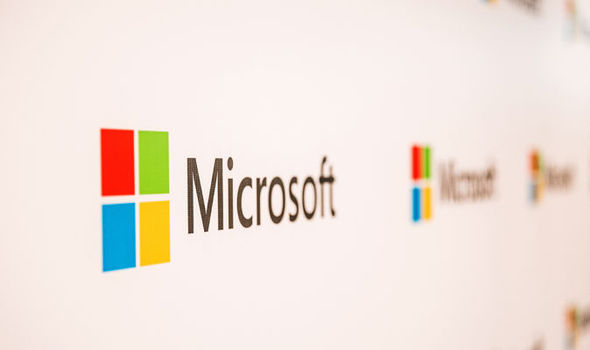-
Tips for becoming a good boxer - November 6, 2020
-
7 expert tips for making your hens night a memorable one - November 6, 2020
-
5 reasons to host your Christmas party on a cruise boat - November 6, 2020
-
What to do when you’re charged with a crime - November 6, 2020
-
Should you get one or multiple dogs? Here’s all you need to know - November 3, 2020
-
A Guide: How to Build Your Very Own Magic Mirror - February 14, 2019
-
Our Top Inspirational Baseball Stars - November 24, 2018
-
Five Tech Tools That Will Help You Turn Your Blog into a Business - November 24, 2018
-
How to Indulge on Vacation without Expanding Your Waist - November 9, 2018
-
5 Strategies for Businesses to Appeal to Today’s Increasingly Mobile-Crazed Customers - November 9, 2018
Microsoft vows to end cancer – here’s how it plans to do it
Microsoft has vowed to “solve the problem of cancer” within a decade by using ground-breaking computer science to crack the code of diseased cells so they can be reprogrammed back to a healthy state.
Advertisement
These biological computers will be able to “reprogram” rogue cells into healthy ones.
This summer Microsoft opened its first wet laboratory where it will test out the findings of its computer scientists who are creating huge maps of the internal workings of cell networks.
This is combined with a data-driven approach; putting machine learning at the core of Microsoft’s attempts to try to tackle the disease.
Microsoft has pledged to beat cancer within the next ten years by using computer science rather than medical research. The company wants to take the biological data that is available and use analysis tools to better understand and treat the disease.
“It’s not just an analogy, it’s a deep mathematical insight. Biology and computing are disciplines which seem like chalk and cheese but which have very deep connections on the most fundamental level”, he added.
At Microsoft, a small team of researchers is using machine learning and natural language processing to help oncologists figure out the most “effective and individualized cancer treatment”.
At the moment, so much cancer research is published that it is impossible for any doctor to read it all. Machine learning can process the information much faster than humans and make it easier to understand.
The company’s “biological computation group”, based here in Cambridge, has recently opened a wet lab and is now working on computer modelling tools for pharmaceutical companies to develop safer and more effective life saving drugs.
U.S. technology giant Microsoft has claimed that it could “solve” cancer in the next 10 years by treating the illness in a similar way to a virus attacking a computer system. If that’s possible, Phillips says, a response could be triggered within a cell to fight the disease before it spreads.
With this initiative, Microsoft stepped into a realm where IBM and Google are working to apply supercomputing techniques and technologies to cancer research and treatment.
Advertisement
Andrew Philips, head of Microsoft’s biological computation group, even told The Telegraph that he’s optimistic that molecular disease detection will be possible within the next five years.





























